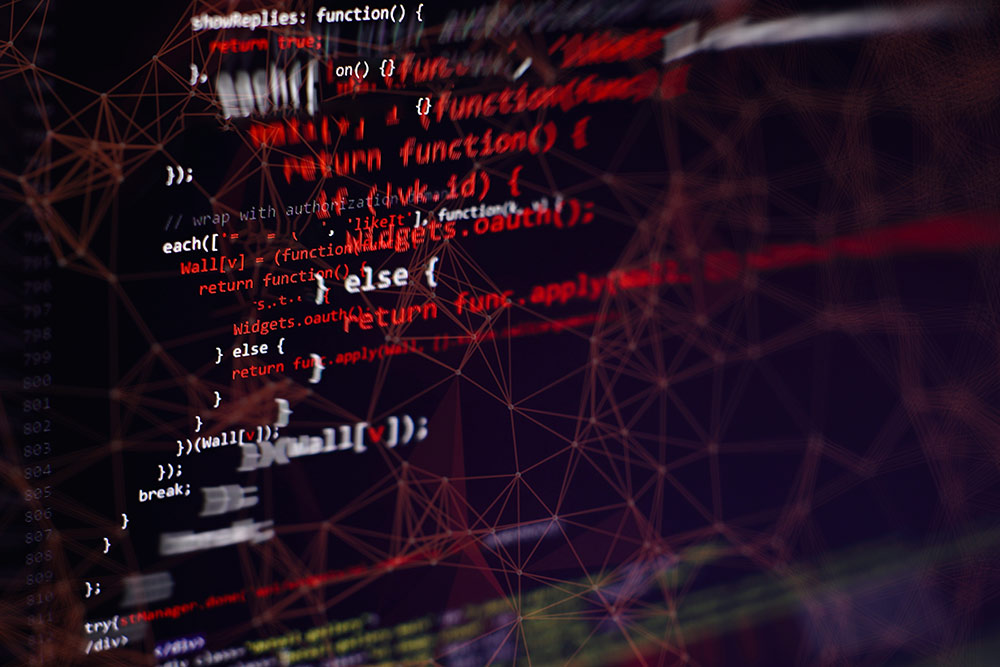Default-Deny is the answer to fill Windows swiss cheddar holes, I'd use AppGuard even for home environment if I were to work from home, AppLocker too messy and time consuming to set up properly, focus on productivity and stop worry about security once set, Antivirus software is for playground, eagerly waiting for the next public test to be published to see who caught the ball this time, and based on results, switch to tops in the list, still most keep beating a meat over which AV has better and smarter behaviour blocker implemented.. 
Last edited:



